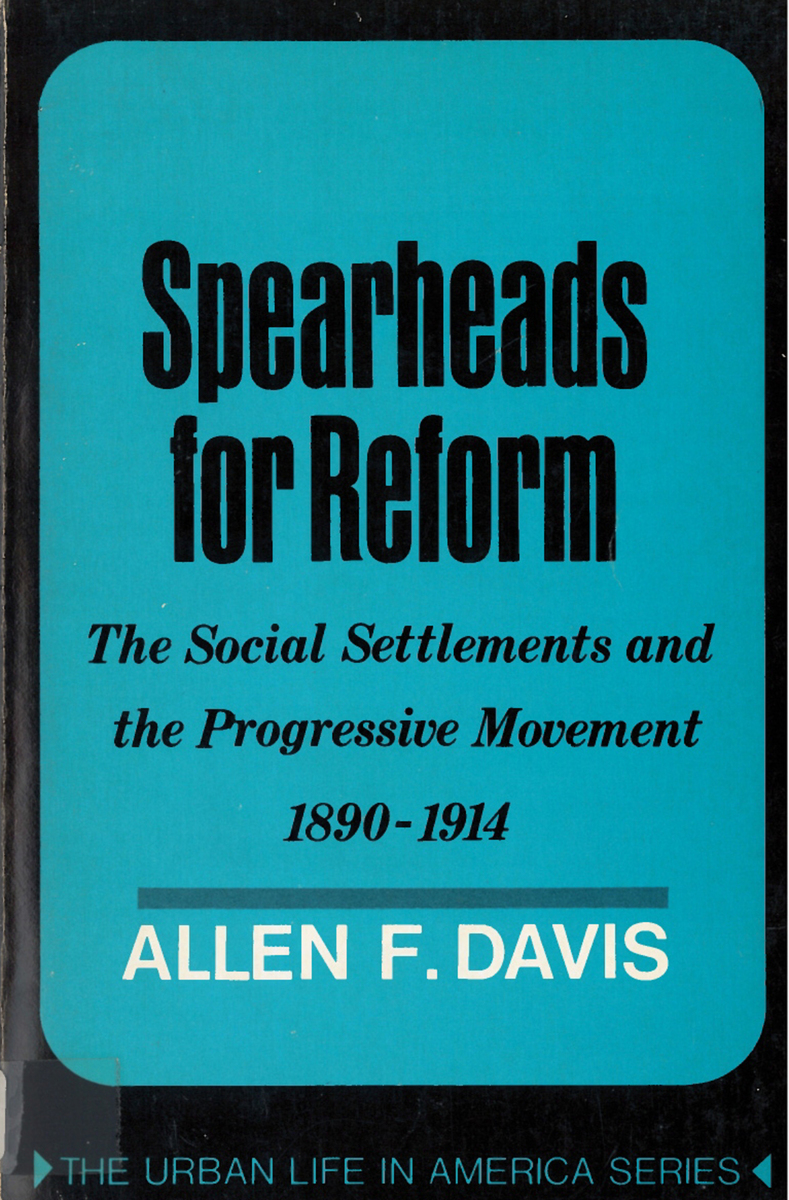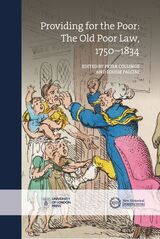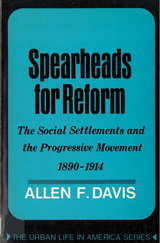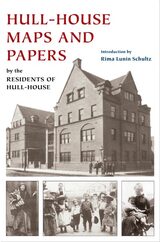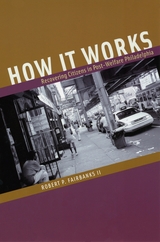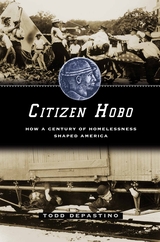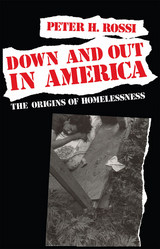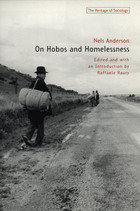Spearheads for Reform: The Social Settlements and the Progressive Movement, 1890-1914
Rutgers University Press, 1985
Paper: 978-0-8135-1073-6 | eISBN: 978-0-8135-5879-0
Library of Congress Classification HV4194.D38 1984
Dewey Decimal Classification 362.973
Paper: 978-0-8135-1073-6 | eISBN: 978-0-8135-5879-0
Library of Congress Classification HV4194.D38 1984
Dewey Decimal Classification 362.973
ABOUT THIS BOOK | REVIEWS | TOC
ABOUT THIS BOOK
Allen Davis looks at the influence of settlement-house workers on the reform movement of the progressive era in Chicago, New York, and Boston. These workers were idealists in the way they approached the future, but they were also realists who knew how to organize and use the American political system to initiate change. They lobbied for a wide range of legislation and conducted statistical surveys that documented the need for reform. After World War I, settlement workers were replaced gradually by social workers who viewed their job as a profession, not a calling, and who did not always share the crusading zeal of their forerunners. Nevertheless, the settlement workers who were active from the 1880s to the 1920s left an important legacy: they steered public opinion and official attitudes toward the recognition that poverty was more likely caused by the social environment than by individual weakness,
See other books on: 1890 - 1914 | Cities and towns | Progressive Movement | Progressivism (United States politics) | Social settlements
See other titles from Rutgers University Press
